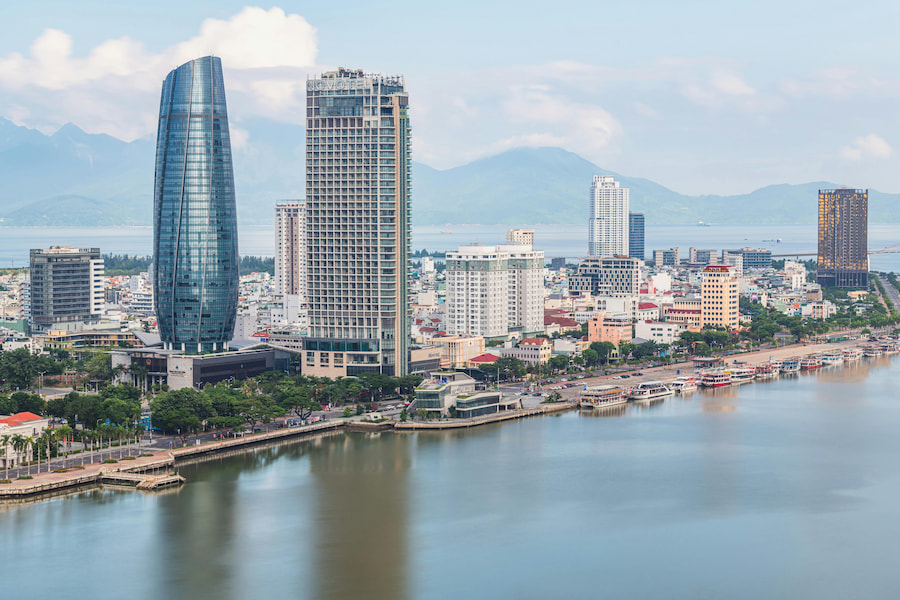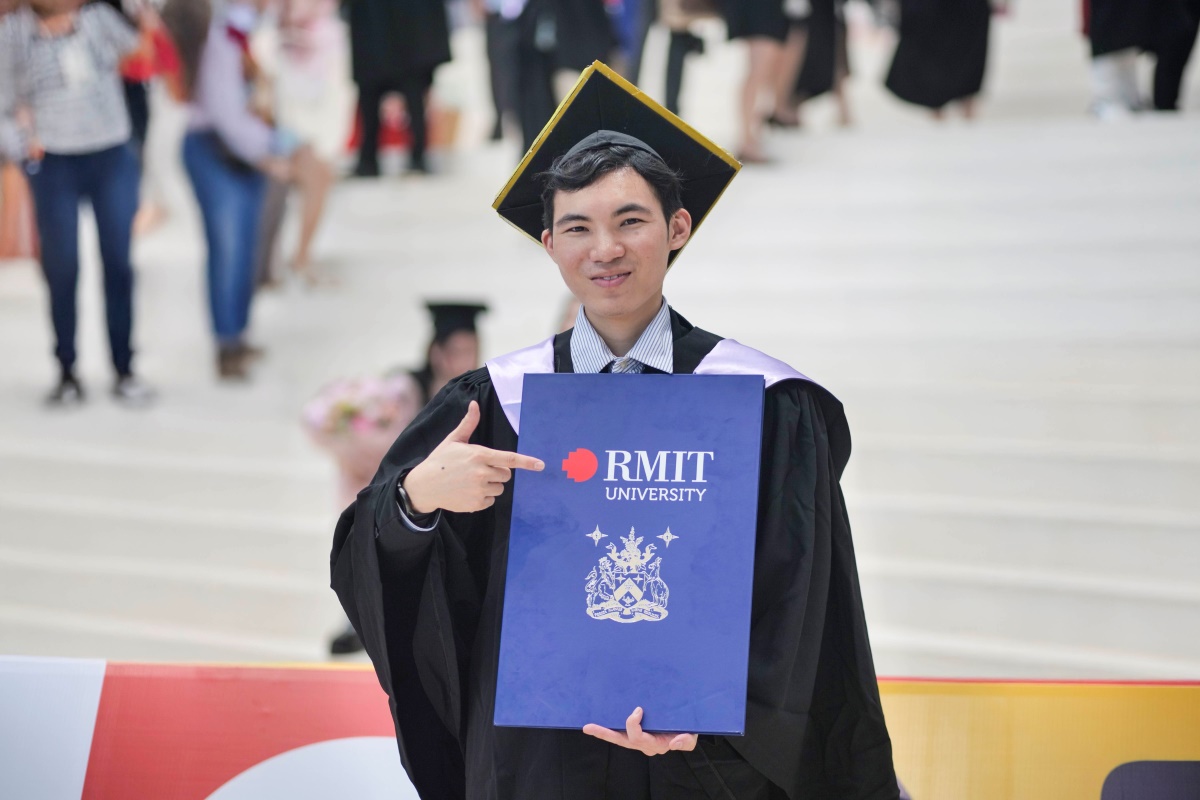3. Strengthening the talent pool. The selected cities need to invest in their education and training system to develop high-quality workforces in finance, accounting, banking, and financial technology. This pool of skilled professionals will ensure that the increasing demands of the market are met.
4. Building comprehensive and modern infrastructure. Well-developed infrastructure for transportation, telecommunications and other utilities is essential to create a favourable business environment and meet the needs of thousands of financial institutions in the future.
5. Strengthening international cooperation to enhance the position and connectivity of the financial centres on a global scale. As an international financial centre, Ho Chi Minh City needs to pay special attention to building strategic partnerships with other international financial centres and major financial institutions in the world. This can help enhance its reputation and global integration, and the city can acquire and apply best practices from the global market.
6. It is important to promote fintech innovation. Fintech is one of the fastest growing sectors with an important role in enhancing the competitiveness of the financial markets. Ho Chi Minh City and Da Nang need to encourage and support innovative fintech businesses.
7. To attract international investors and compete with major financial centres in the region such as Singapore and Hong Kong, Vietnam needs to develop a competitive edge and distinctiveness for its centres. This includes crafting unique incentives and more attractive business conditions to draw international capital flows to Vietnam. Vietnam can learn from the investment policies of other financial centres, such as Switzerland’s development of an innovation ecosystem for fintech companies through infrastructure support and tax incentives, or South Korean city Busan’s policy to grant tax exemptions to foreign financial institutions meeting certain conditions.
The implementation of policies and strategies must be carried out carefully and with a specific roadmap, divided into many stages suitable to the reality of Vietnam. It is also necessary to consider the potentials and competitive advantages of the selected cities thoroughly, to ensure the sustainable and effective development of their financial centres.
Story: Dr Nguyen Tuan Anh, Lecturer of Finance, The Business School, RMIT University Vietnam
Thumbnail/masthead image: THINK b – stock.adobe.com






